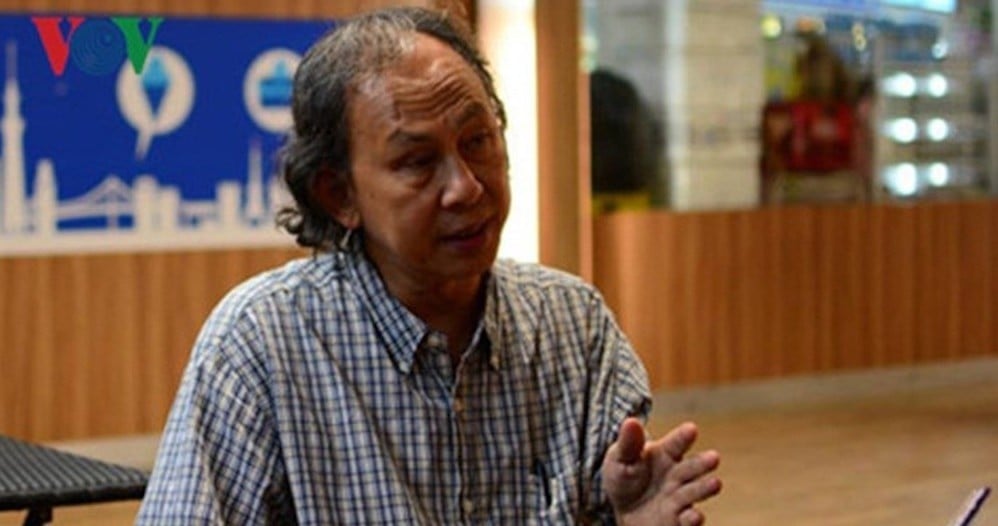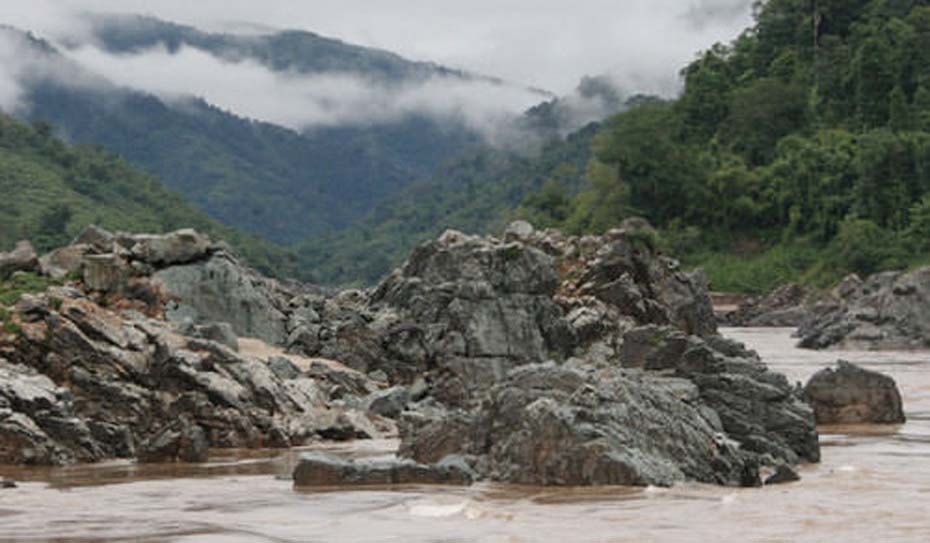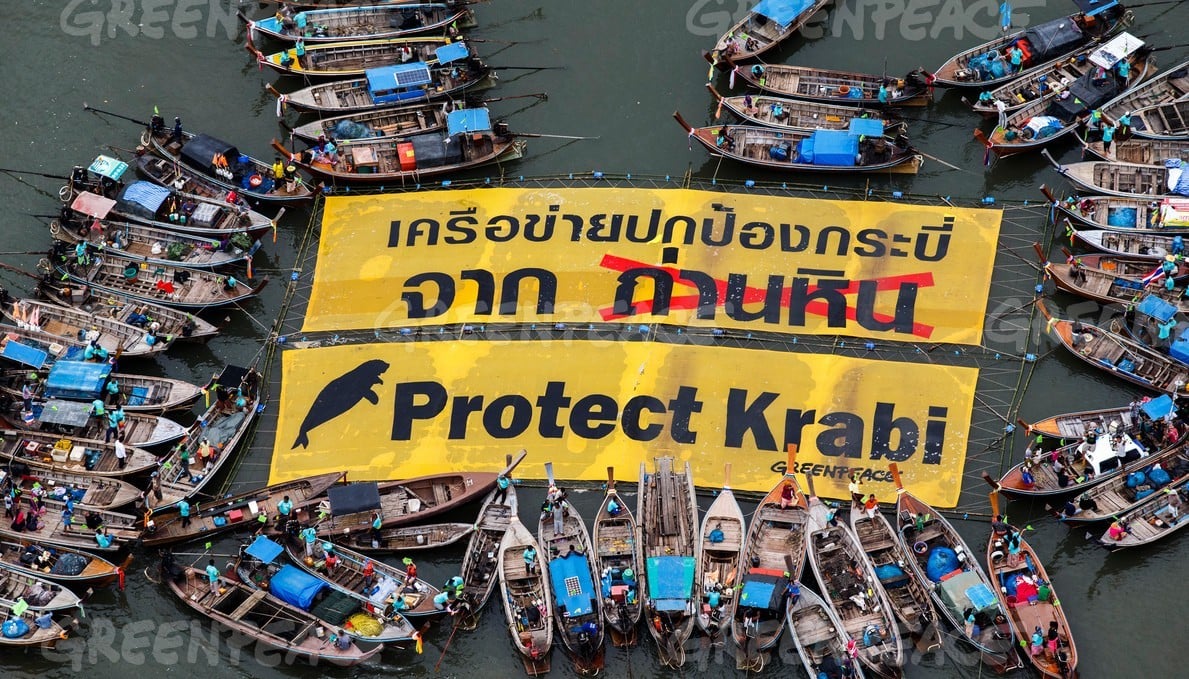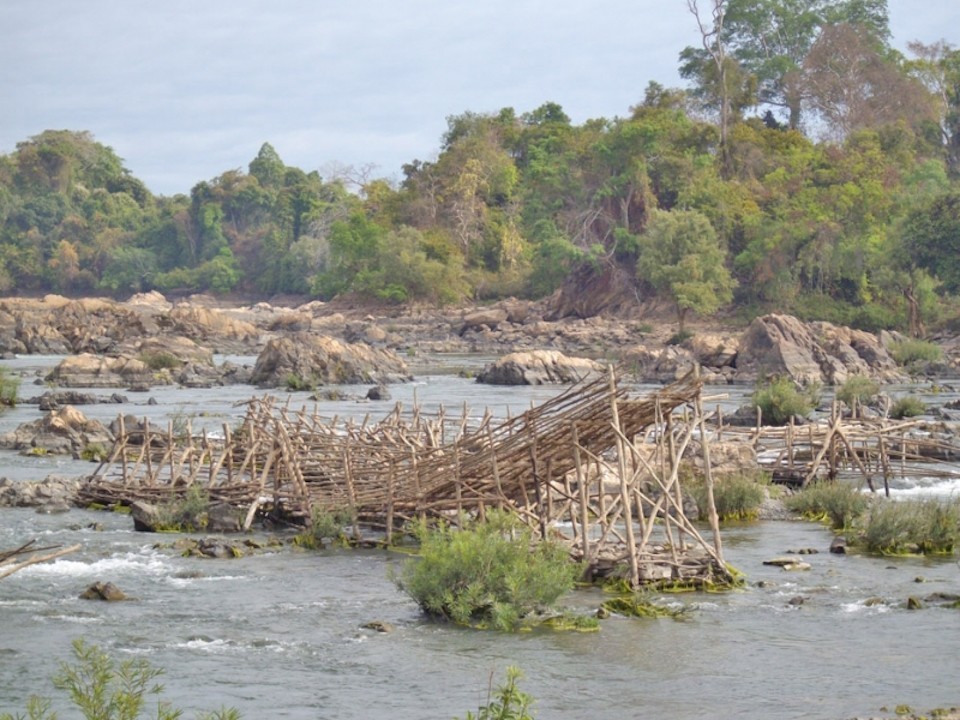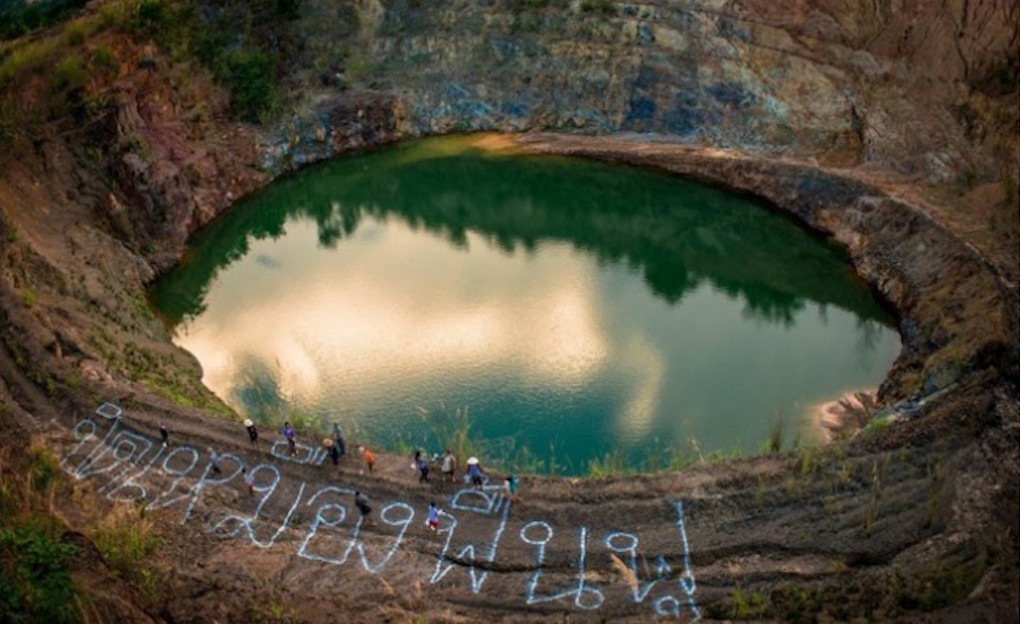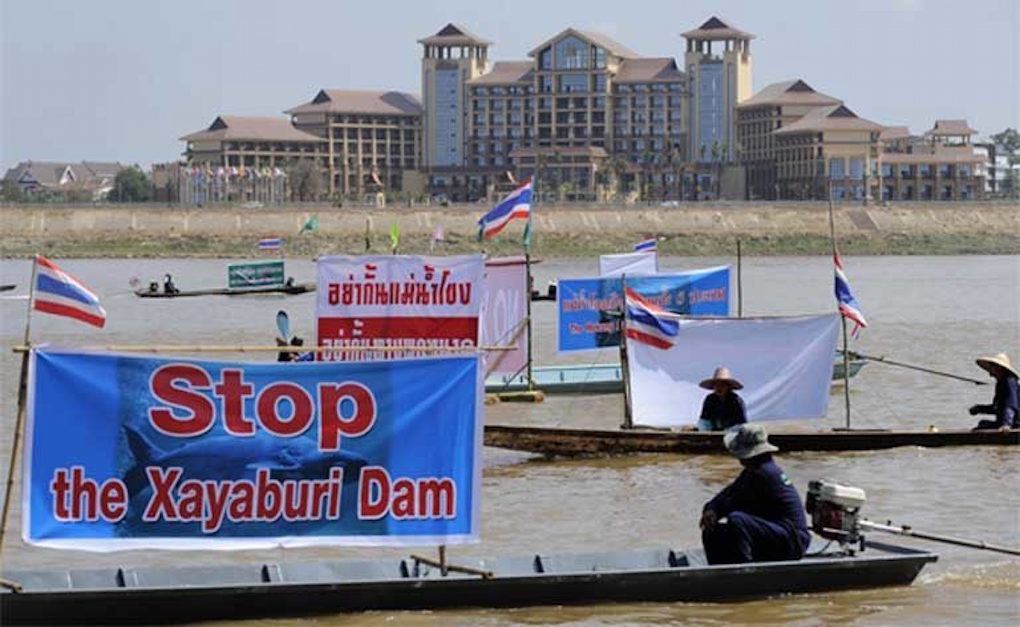Asean is 50 years old this year. It is a true milestone for a loosely constructed regional organization created by five countries at the height of the Cold War to have come this far. Since its conception, its member countries have transformed Asean into a rules-based entity encompassing all the countries in Southeast Asia.
Category: Thailand
Locals slam Mekong blasting plan
The government’s aim to clear the Mekong River’s rocky outcrops to ensure the smooth passage of large cargo boats has set off alarm bells for environmental activists and locals who fear the ecology in the area will be put at risk.
The Mekong River, known in China as the Lancang River, runs through China, Myanmar, Laos, Thailand, Cambodia and Vietnam over a total distance of 4,880km.
Bad year for human rights activists in Asean
ACTIVISTS across Asean faced serious threats from authorities, powerful people and corporates during 2016, highlighting the lack of human rights awareness in the region, rights campaigners said.
This year has been a tough one for activists who campaigned in various fields in the region, with instances of murder, forced disappearance, threats, and legal prosecution.
Spare the Mekong
The Prayut Chan-o-cha government made an out-of-the-blue decision that paves the way for the demolition of the Mekong River’s rocky outcrops for the sake of “improved waterway navigation”.
The justification offered is both weak and unjustified. The public was neither consulted nor informed while the well-being of the ecology of the world’s tenth longest river is at risk. And the party gaining the most significant trade benefits will obviously be China.
Decisions due on coal, gas, petroleum auctions
After a year of changes in the global and domestic energy market, Thailand can expect further challenges in the years ahead.
Of these, the most crucial issues are the development of two coal-fired power plants in the South, the retirement of the Erawan and Bongkot gas blocks and the long-delayed 21st round of new concessions for 29 petroleum blocks.
The Mekong Part III: Scaling Back Lao Dams
Farmers and fishermen in downstream countries are complaining about the impact of Mekong River dams located upstream in both China and Laos.
But a think tank now has a plan to reduce the damage done to crops and fish stocks by hydroelectric dams. Its focus is on Laos, Southeast Asia’s poorest country, which it says could benefit from scaling back on some of its planned dams.
Scientists discover 163 new species in Greater Mekong region: WWF
A rainbow-headed snake and a dragon-like lizard are among 163 new species that scientists recently discovered in the Greater Mekong region, conservation group WWF said on Monday, adding rapid development in the area, from dams to mines, was threatening wildlife survival.
Gold mines ordered to suspend from Jan 1
THE National Council for Peace and Order (NCPO) yesterday exercised its absolute power to tackle conflict and alleged impacts caused by gold mines by ordering them to suspend operations from January 1, 2017.
Managing the Mekong’s Economy for Whom?
“Water is liquid capital” proclaims the lead-out of World Wide Fund for Nature’s new report “The Role of the Mekong in the Economy.” Released earlier this month at the 2016 Mekong Forum on Water, Food and Energy, the report’s findings stress that despite the Mekong’s central role to the economies of countries in the Lower Mekong Basin, river management decisions are not being coordinated with long term economic development, nor planning efforts. Unless decision makers start considering the connections between water choices and economic development, the region’s prosperity seems destined for trouble.
The media megaphone: does it help curb bad infrastructure projects?
We live today in the most explosive era of infrastructure development in human history. By mid-century the unprecedented rate of highway, dam, mine and power plant construction; along with city growth, will girdle the globe in concrete. Arguably, that burst of activity will improve the lives of millions. But it is also coming at a terrible cost to the natural world, as we lose the rainforests, estuaries, wetlands, wildlife and indigenous people of our planet.


